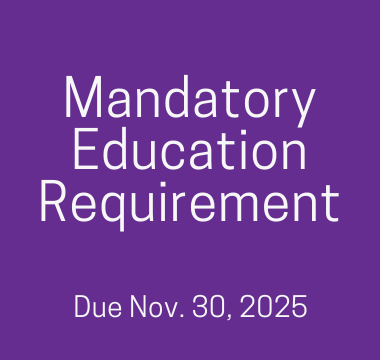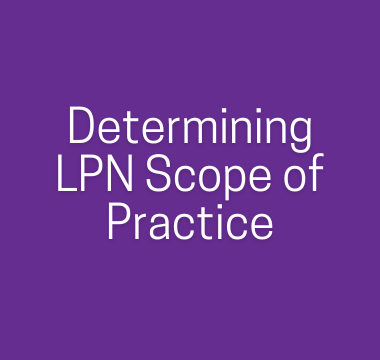- LPNs
 2024 Permits Expire Nov. 30
2024 Permits Expire Nov. 30 - Apply To Be an LPN
- Knowledge Hub
- News
Find What You're Looking For
Looking for More Resources?
Search the Knowledge Hub
Search Now 

Mandatory Education Requirement Due Nov. 30, 2025
LPNs: you will be required to complete the CLPNA module, Protecting Patients from Sexual Abuse and Sexual Misconduct, prior to renewing your registration for 2026. If you have not completed this module before the November 30, 2025, deadline, you may...
Read more

How to Determine LPN Scope of Practice
The College of Licensed Practical Nurses of Alberta (CLPNA) has released a practice guideline to assist registrants and stakeholders in interpreting Licensed Practical Nurse (LPN) scope of practice. It outlines the factors that LPNs should consider when making decisions about...
Read more

Get More Out of the Knowledge Hub
The Knowledge Hub is a feature on our new website. It’s a one-stop shop for information that supports LPN practice, helping our users navigate through related topics and documents. Navigating the Knowledge Hub You can find the documents you are...
Read more
Keep up to date with LPN regulatory news by subscribing to the CLPNA newsletter.
